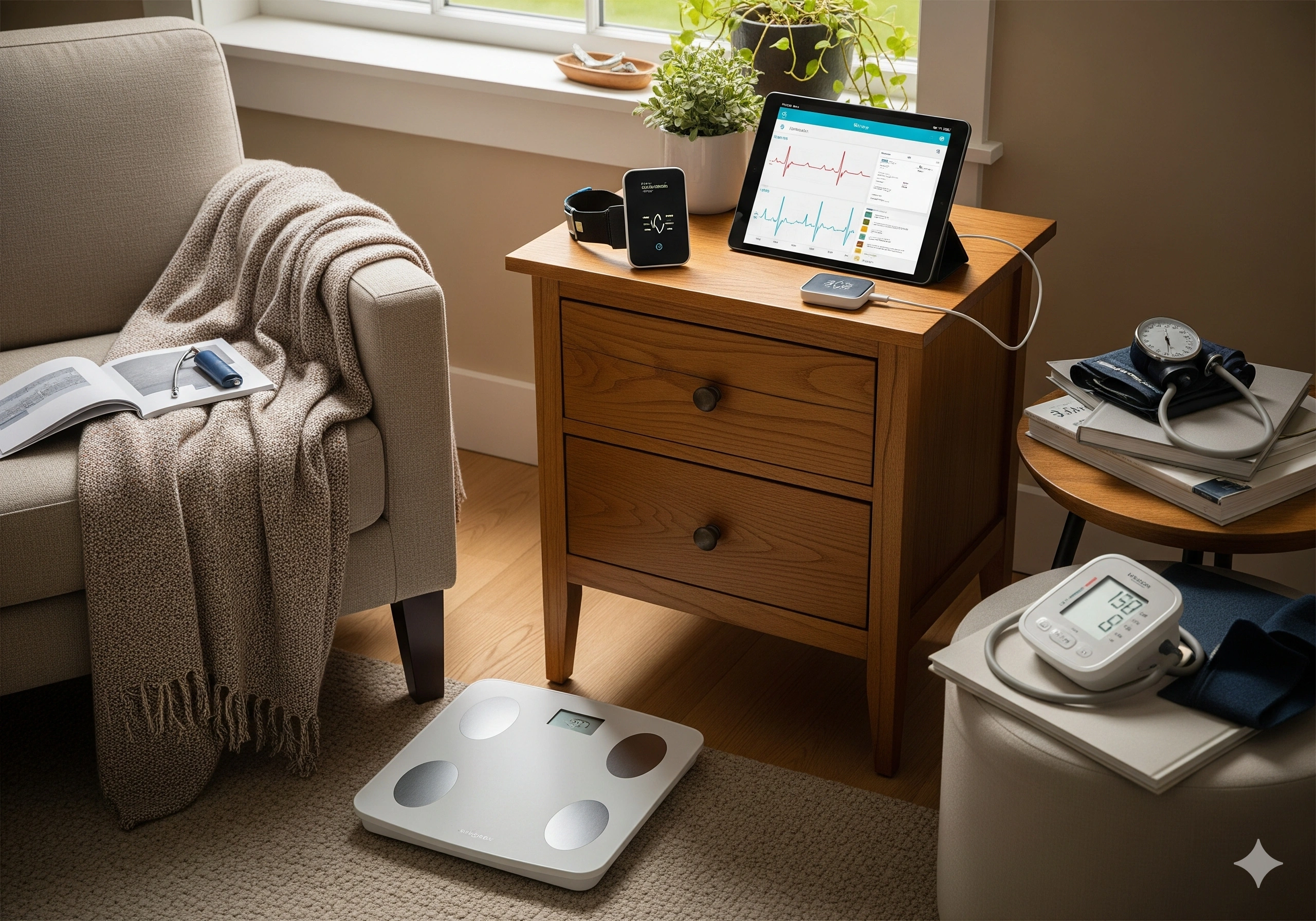

The American Heart Association introduced an RPM (remote patient monitoring) program that enables cardiac care for heart failure patients at home after hospitalization. The American Heart Association Connected Care program focuses on diminishing 30-day readmissions and provides personalized care to heart failure patients after discharge from the hospital. The association is partnering with the RPM provider Cadence to set the program operational. The cadence will further enroll patients, enabling access to the required RPM devices and guiding them on how to use those devices. The cadence’s virtual provider group will keep an eye on the crucial sin readings and provide clinical support.
The association is planning to get hospitals to integrate with the connected care program under a discharge workflow so it can directly refer to the patients. The four hospitals are recently participating in the pilot program, such as the Community Hospital of the Monterey Peninsula in California, Texas Health Allen in Texas, and Rutherford Regional Medical Center and Frye Regional Medical Center in North Carolina.
The program’s announcement comes as health systems are increasingly turning to RPM, mainly for chronic disease management. For example, in a 2023 survey, the healthcare companies at the first stage adopted RPM programs for chronic disease care involving diabetes (25%), heart care (20%), and hypertension (26%). Numerous significant health systems have prioritized their efforts in using the RPM for enhancing cardiac care, involving programs focusing on heart failure readmissions.
The main research is under interrogation for RPM’s efficacy in diminishing heart failure readmissions. A JAMA internal medicine study showcased in 2022 discovered that the oldest RPM program to care for heart failure patients post-hospitalization didn’t cut mortality or readmissions. The study consists of 552 heart failure patients, out of which 280 received usual care and 272 received a compound RPM intervention completed the total of heart failure patients. However, there were fewer readmissions in the intervention group; the researchers didn’t find any major difference between the two groups.
Chief of mission aligned businesses at the American Heart Association, John Meiners, said, “Our legacy stands on introducing science to life and building trust among people on healthcare delivery. By merging advanced remote patient monitoring technology with our association’s expertise in guideline-directed care and chronic condition management we can support to the extend quality care hospitals enabling proactive, on time support at home for heart failure patients.”